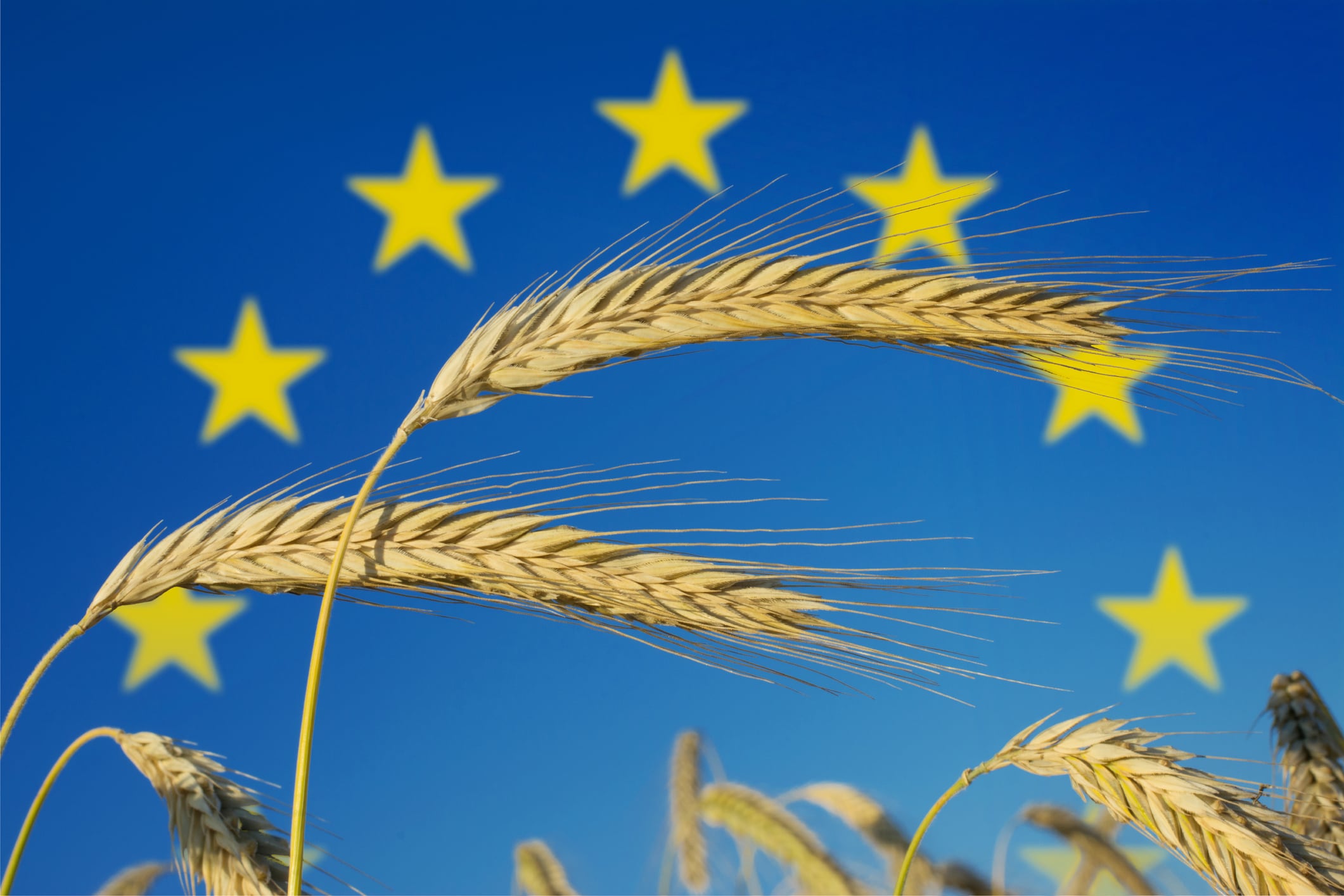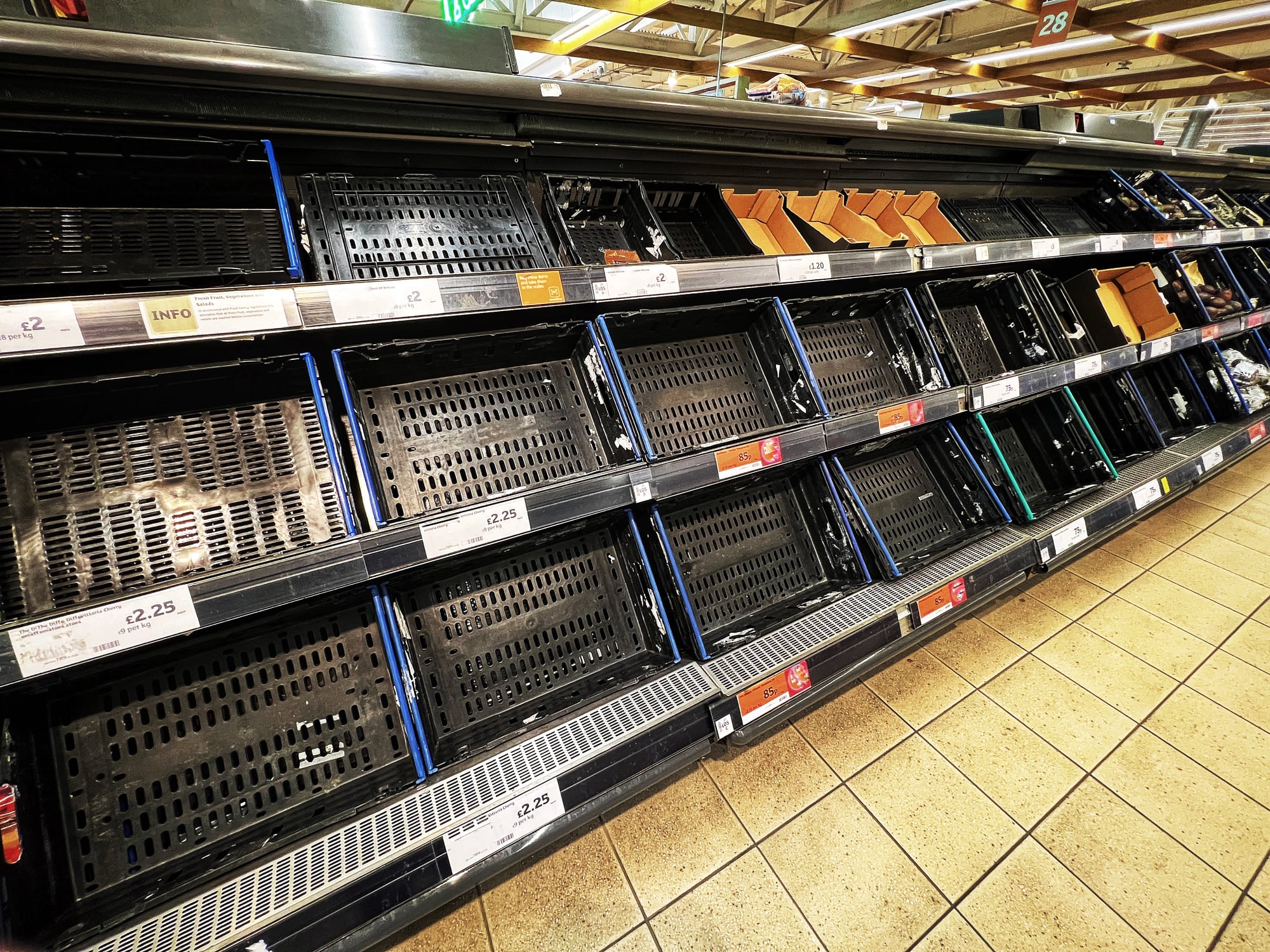The importance of food security throughout the globe cannot be understated, as climate change and weather extremes place increasing pressure on land and crops.
A number of recent reports place 2024 at the head of a year of record-breaking extreme weather, temperature and rainfall events, with a consequent impact on food production – from floods to wildfires, drought to extreme high temperatures. The food industry has almost certainly never before faced so many challenges from so many different directions.
Torn between rewilding, pressure on wildlife, rising input costs, uncertain returns and a plethora of environmental and climate change regulations, it is little wonder that recent months and years have seen the pushback in the EU food and beverage sector that is beginning to tarnish the EU’s green world-leadership ambitions.
EU green regulation: What’s happened so far?
In February this year we saw pressure on the EU to scrap the double materiality requirement enshrined in the EU’s Corporate Sustainability Reporting Directive.
This is of major concern: double materiality (including the risks not only of planetary impacts on the business, but also those of the business on the planet) is a central concept of the European Green Deal which is, of itself, the fundamental underpinning of European climate change legislation.
Removed, the absence of double materiality clearly affects the importance with which green actions are considered with potential implications not only for the planet and climate change in general but also land use and food production.
In July 2025, the EU Commission confirmed that the Green Claims Directive has not been formally withdrawn. However, negotiations are set to continue based on key factors such as exempting microenterprises and receiving further clarity from Member States. This is important in the fight against so-called greenwashing (making environmental claims for products and services that are inaccurate, or misleading) which affects all industries negatively, including the food and beverage sector, and which risks disaffecting consumers, and turning them against necessary green actions.
It is also important because the review of the Directive came after months of successful efforts by the centre-right European People’s Party (EPP) to weaken EU environmental rules, including pesticide bans, deforestation laws and vehicle emission targets – all of which directly impact the food and beverage sector.
In February 2025, the European Commission proposed an omnibus bill that would exempt 80% of EU firms from mandatory sustainability reporting, with the potentially devastating impact on corporate accountability. Whilst this affects all business sectors, yet again the fall-out is likely to disproportionally affect the food and beverage sector which relies on its consumers being able to compare sustainability performance between companies. Genuine competitive advantage based on sustainability credentials is the potential casualty.
Farming protests
Whilst all of these policy U-turns will impact the food and beverage sector to a greater or lesser degree, they are possibly less well covered by the general media than the farm protests across Europe in 2024.
These protests were born of frustration amongst farmers regarding support for their livelihoods, the viability of small farms and food security, prompted by a swathe of green demands, and including free trade agreements. Fuel was added to the fire by claims of unfair pricing, and trade agreements.
Taking place during an EU election year, the action saw environmental protection fall victim to political expediency: junking plans to cut pesticide use, scrapping a strategy on sustainable food systems, and looser environmental and labour requirements that farmers must respect to access farming subsidies under the Common Agricultural Policy (CAP).
Greenpeace, the climate action campaign, in February 2025, decried the European plans for the European agri-food sector as doing ‘little to curtail the environmental, climate and socioeconomic threats facing most farmers’ and ignoring ‘the findings of the Commission’s own advisory group.
Who will carry the burden?
Whilst all of this leaves the EU food and farming strategy, as well as its wider green agenda, in tatters, it is the food and beverage sector that will often bear the brunt of the impacts.
Uniquely placed to contribute to climate change mitigation, whilst also potentially a major contributor to greenhouse gas emissions – through farming and land use – the sector is also feeling the impacts of climate change on its supply chains, distribution, input costs and input choice and more.
There is little doubt that the impact of climate change and extreme weather events on food supplies and food security throughout the EU and beyond, will place the food and beverage sector, in all of its manifestations, in the crosshairs of public opinion and political advantage for the foreseeable future.
About Mark Lumsdon-Taylor
Mark is partner at MHA Baker Tilly International (BTI), specialising in global assurance, financial turnaround, fashion & cosmetics, food manufacture & rural industries. He leads the MHA UK ESG audit & advisory function. He is also engaged in food retail, and consumer industries and a multi award winning turnaround specialist.
Mark also charis the Rural Policy Group – a think-tank and advocate for sustainable rural policy across the United Kingdom linking food & farming to public health and environmental sustainability. The policy group launched its National Green Futures Report in 2021 to set the foundations for a rural-first approach to economic policy-making for a more sustainable UK plc. He is directly connected into Westminster and works on a non partisan basis with government to support the industries MHA Serves.
He is a Liveryman in the Worshipful Company of Fruiterers, a Member of the Guild of Freemen, A member of the livery of Chartered Accountants, IoD South East Lead for ESG and a member of the CBI’s South East Council.




